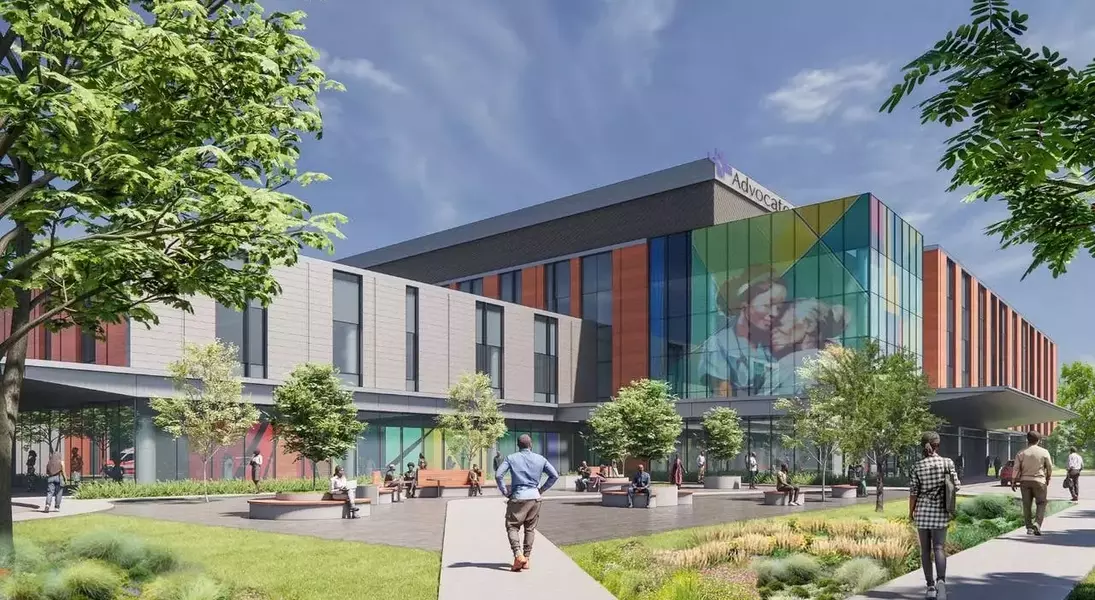Advocate Health Care has made a significant announcement, planning to invest a whopping $1 billion to enhance healthcare access on Chicago's South Side. This includes the construction of a brand new hospital to replace the existing Trinity Hospital.
Empowering the South Side with Quality Healthcare
Expanding Outpatient Care
A substantial portion of the investment, $500 million, will be dedicated to expanding outpatient care services on the South Side. This expansion is set to provide residents with an additional 85,000 appointment opportunities annually for both primary care and specialist consultations. Advocate Health Care will be adding 10 new "neighborhood care" locations. The first one will be established at the South Side YMCA in the coming months, with two more to follow next year. This initiative aims to bring healthcare closer to the community, making it more accessible and convenient for residents.Building a New Hospital
Advocate Health Care is set to invest $300 million in constructing a 52-bed hospital at the former U.S. Steel South Works site near the lakefront. The existing Advocate Trinity Hospital building, which is over 115 years old, will be replaced by this new facility. The new hospital will be LEED certified and carbon neutral, demonstrating Advocate's commitment to environmental sustainability. Given the South Side's history of being disproportionately affected by pollution, this project holds great significance. It will not only provide modern healthcare facilities but also contribute to the well-being of the community.Alongside the construction of new facilities, Advocate Health Care plans to hire more than 1,000 new workers within the next three years across the South Side area. The company also intends to retain all its current employees working on the South Side, ensuring stability and continuity in healthcare services. However, no specific timeline has been provided for the construction of the new hospital. This investment is a testament to Advocate's dedication to improving healthcare on the South Side and addressing the long-standing systemic inequities that have plagued the area for generations.You May Like

